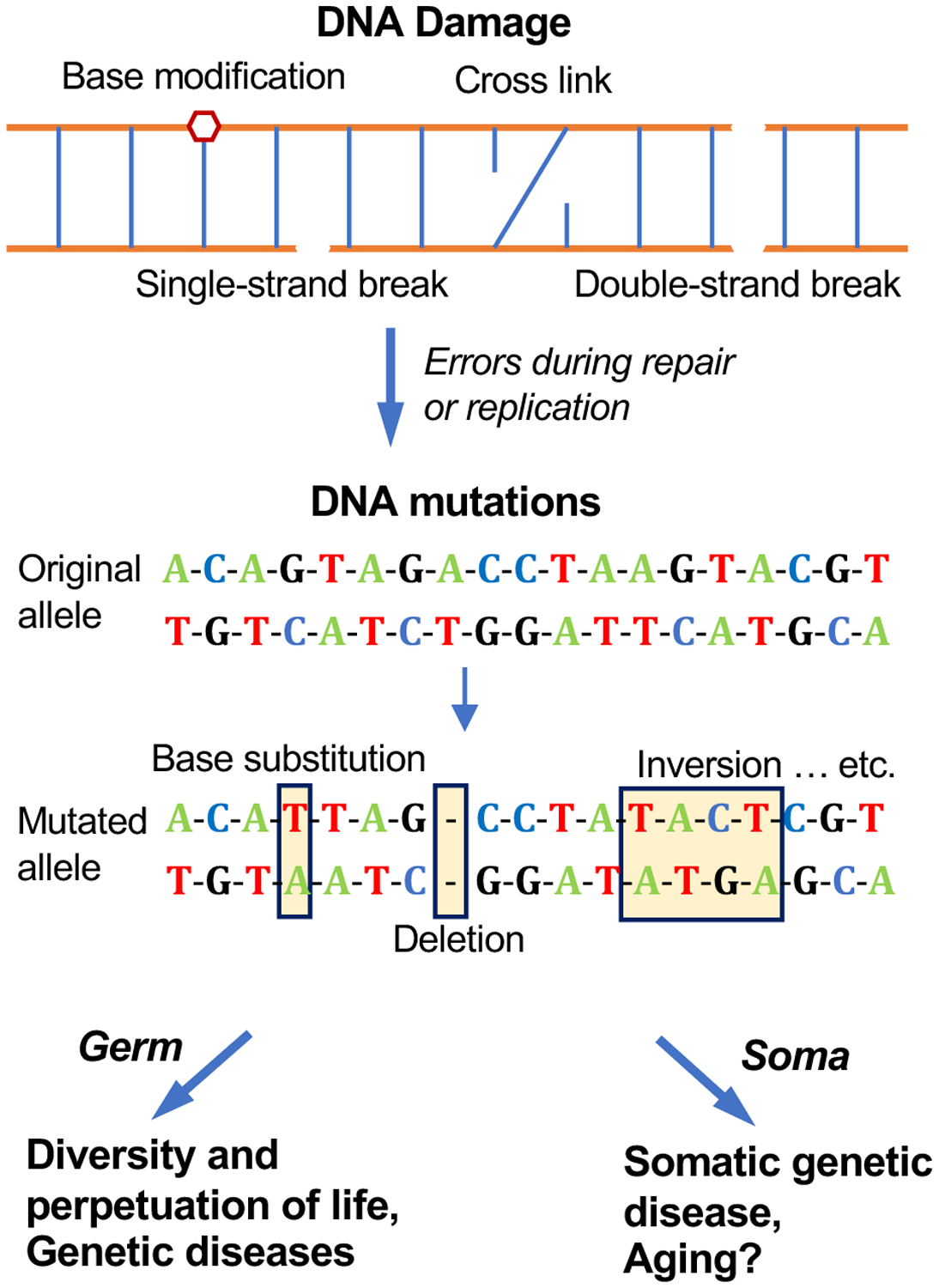Fig. 1. Causes and consequences of somatic DNA mutations.

Different types of DNA damage occur daily in every cell of an organism, including strand breaks, base modifications, and cross links. This damage is rapidly repaired through a large variety of pathways. However, errors that occur during DNA repair and replication result in de novo mutations, which range from single nucleotide variations to chromosomal aberrations. In contrast to DNA damage, mutations are irreversible and, therefore, inevitably accumulate over time. When mutations occur in germ cells, they become substrates for evolution, giving rise to diverse life forms and to genetic disease. When they occur in the soma, mutations can result in somatic genetic diseases, age-related diseases and possibly aging.
